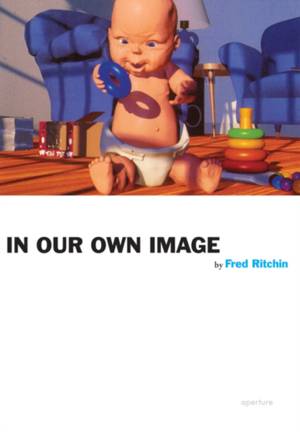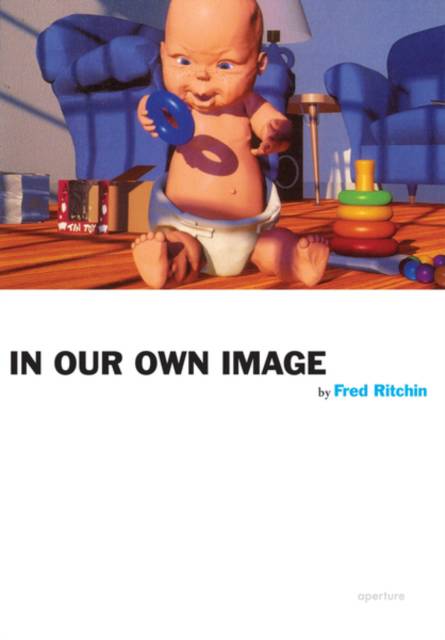
- Afhalen na 1 uur in een winkel met voorraad
- Gratis thuislevering in België vanaf € 30
- Ruim aanbod met 7 miljoen producten
- Afhalen na 1 uur in een winkel met voorraad
- Gratis thuislevering in België vanaf € 30
- Ruim aanbod met 7 miljoen producten
Omschrijving
The first book to address the coming revolution in photography, reissued for a contemporary audience.
Twenty years ago, before the era of digital cameras, cell phones and the internet, Fred Ritchin outlined many of the ways in which the digital age would transform society. In Our Own Image was the first book to address the coming revolution in photography, and asked pointed questions that are increasingly relevant today, including whether democracy can survive the media's facile use of digital means. By the time a second edition was published in 1999, many of Ritchin's predictions had come true. Computer embellishment of imagery had become a staple in the media and had significantly diminished photography's role as a credible witness: Newsday had published the first "future" news photograph of two feuding ice skaters as they would meet the next day, and on its cover, Time magazine darkened and blurred an image of O.J. Simpson in order to lift "a common police mug shot to the level of art, with no sacrifice to truth." This twentieth-anniversary edition features a preface by the author that contextualizes the book for a contemporary audience as it continues to shape the debate about digital imaging since its initial publication.
Specificaties
Betrokkenen
- Auteur(s):
- Uitgeverij:
Inhoud
- Aantal bladzijden:
- 142
- Taal:
- Engels
- Reeks:
Eigenschappen
- Productcode (EAN):
- 9781597111645
- Verschijningsdatum:
- 31/12/2010
- Uitvoering:
- Paperback
- Formaat:
- Trade paperback (VS)
- Afmetingen:
- 168 mm x 234 mm
- Gewicht:
- 312 g

Alleen bij Standaard Boekhandel
Beoordelingen
We publiceren alleen reviews die voldoen aan de voorwaarden voor reviews. Bekijk onze voorwaarden voor reviews.








